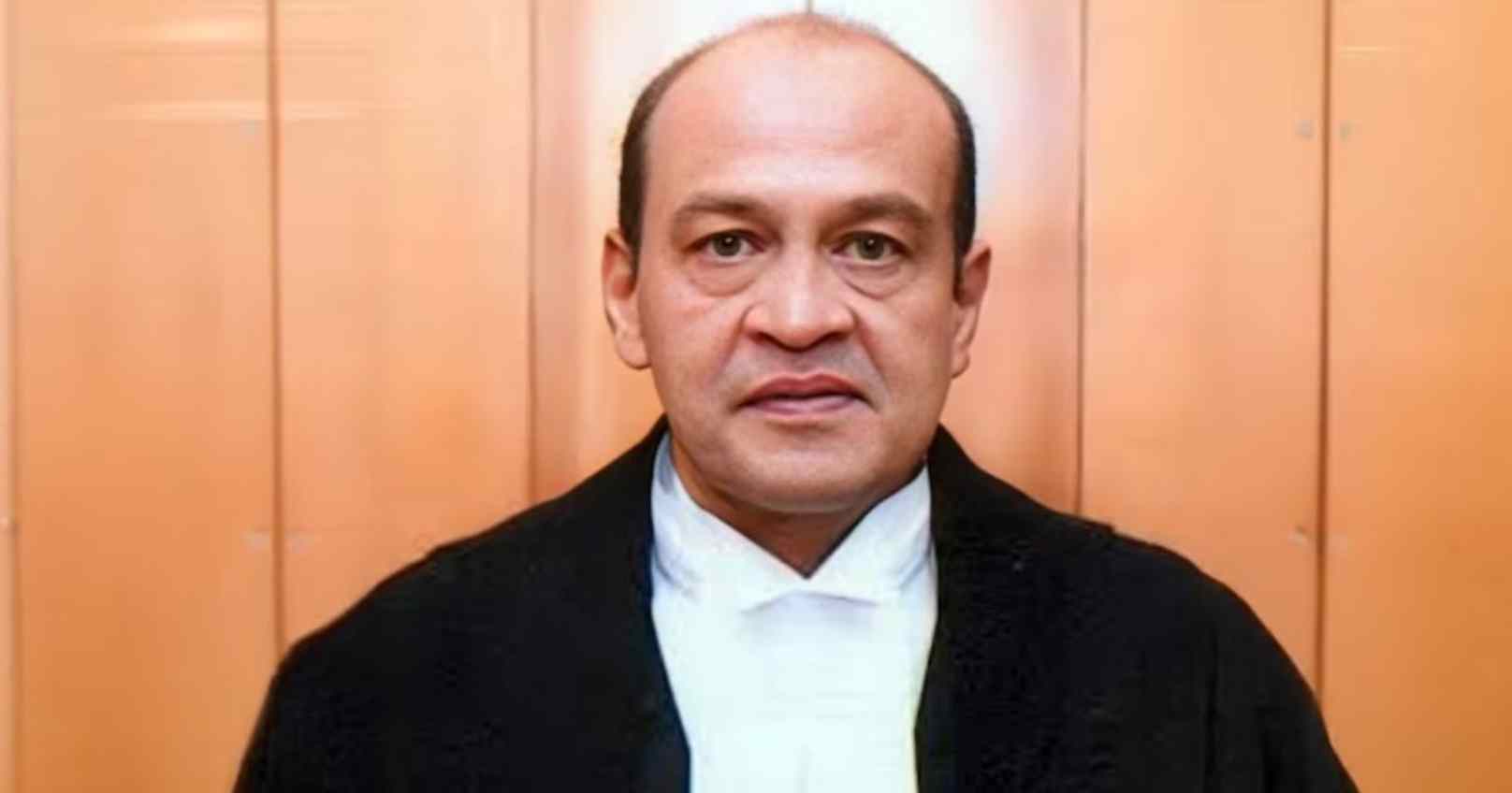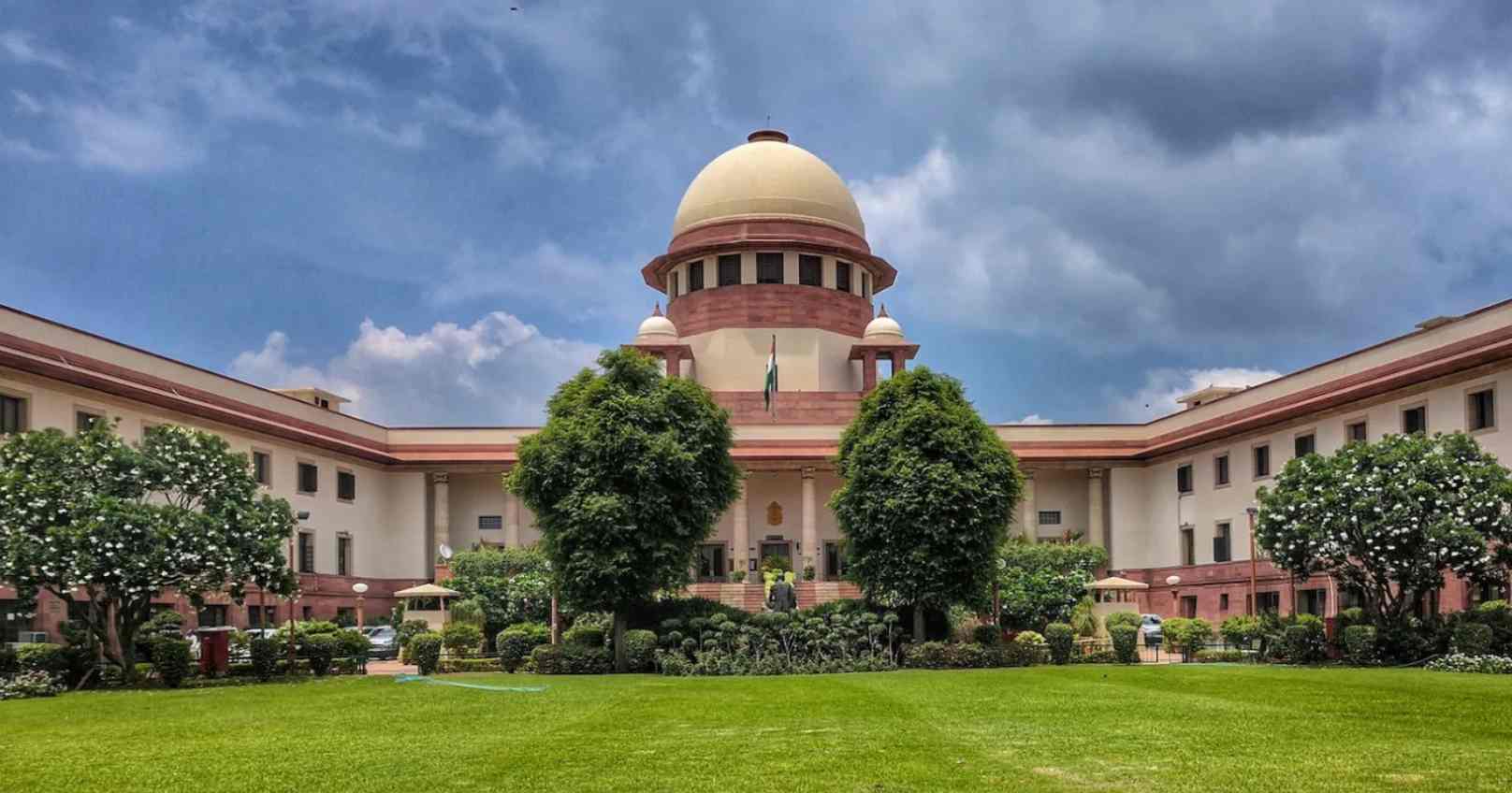The Supreme Court is set to hear a petition on Friday requesting the Delhi Police to file an FIR against Delhi High Court judge Justice Yashwant Varma. The plea follows the discovery of a significant amount of cash at his official residence after a fire broke out on March 14.
Filed by Advocate Mathews J. Nedumpara, the petition challenges the precedent set by the Supreme Court in its 1991 K. Veeraswami judgment, which mandates prior approval from the Chief Justice of India (CJI) before investigating sitting High Court or Supreme Court judges for corruption. The petitioner contends that this ruling has hindered legal action against judges even in serious cases, including those under the POCSO Act.
The plea highlights that while most judges uphold the highest standards of integrity and erudition, instances of judicial corruption cannot be ignored. It further calls for reforms to ensure greater accountability within the judiciary.
Revisiting Judicial Immunity
The K. Veeraswami ruling, delivered in 1991, recognized that High Court and Supreme Court judges fall under the definition of “public servants” under the Prevention of Corruption Act, 1988. However, it also introduced safeguards, requiring approval from the CJI before initiating an investigation against a sitting judge. This measure was intended to protect judicial independence, a principle reinforced in the landmark Kesavananda Bharati case (1973).
In cases of serious misconduct, a judge can only be removed through impeachment, which requires a two-thirds majority in both Houses of Parliament. The Supreme Court, in 1999, established an in-house inquiry mechanism as an intermediate step before parliamentary proceedings.
In Justice Varma’s case, the in-house committee led by CJI Sanjiv Khanna is currently assessing the allegations. If evidence of misconduct is found, the matter could progress to Parliament for an impeachment motion. However, the petitioner argues that an internal committee is unnecessary and insists that law enforcement agencies should handle the case.
Push for Stronger Judicial Accountability
The petition also calls for the revival of the Judicial Standards and Accountability Bill, 2010, which lapsed in Parliament. The bill sought to establish enforceable judicial conduct standards and a mechanism for complaints against judges.
During a brief hearing on Wednesday, CJI Sanjiv Khanna’s bench did not immediately comment on the urgency of the plea but directed the registry to schedule the case for listing. The petitioner was advised to formally request an expedited hearing.
This case raises significant questions about judicial accountability, the balance between independence and oversight, and the legal framework governing corruption allegations against members of the higher judiciary.







